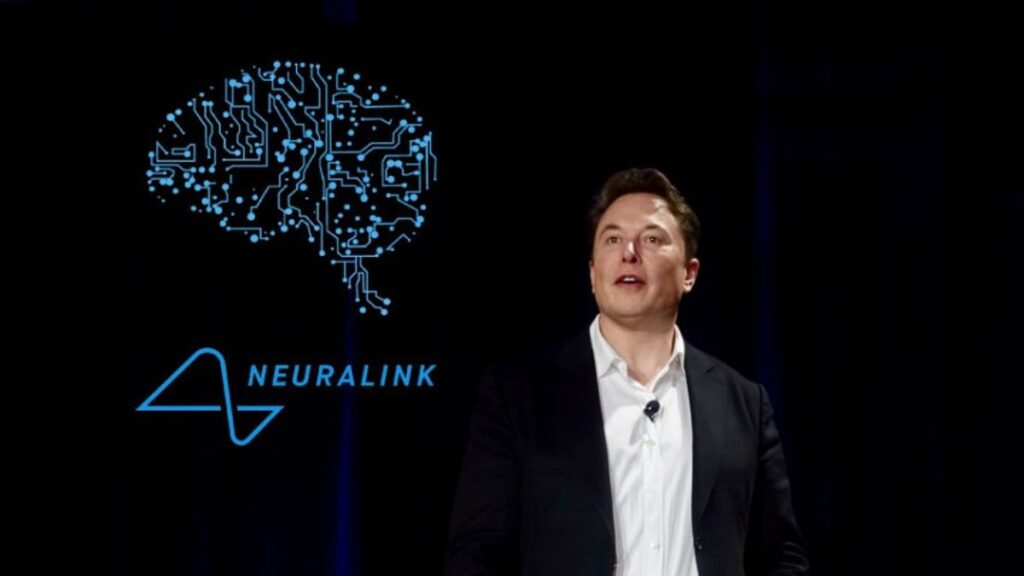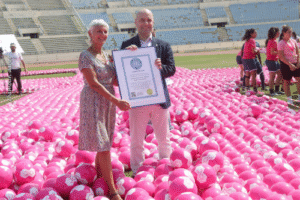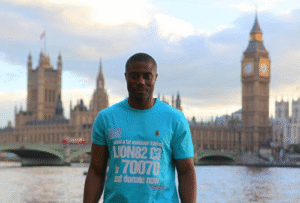In a groundbreaking announcement that could change the lives of millions worldwide, Elon Musk has confirmed that his brain-computer interface company, Neuralink, is on track to help even the completely blind see again within the next 6 to 12 months. The revelation was made during a recent press event held at Neuralink’s headquarters in Texas, where Musk unveiled the latest progress on the company’s cutting-edge neural implants.
“Even if someone has never had sight, ever — we believe Neuralink can restore vision using signals directly to the brain,” Musk stated, drawing applause and astonishment from the global tech and medical communities.
This declaration builds on Neuralink’s earlier demonstration of its brain chip’s capabilities, which allow users to control devices with their thoughts. Now, the company’s new focus is restoring vision by bypassing damaged eyes and connecting visual input directly to the brain’s visual cortex.
The potential of this technology is enormous. According to the World Health Organization, over 43 million people worldwide are blind, with millions more suffering from severe visual impairments. For many born blind or those with irreversible optic nerve damage, current medical treatments offer little to no hope. Neuralink’s implant could change that entirely.
Musk confirmed that clinical trials for the vision-restoring chip are expected to expand before the end of 2025, with priority given to those with total blindness.
Neuralink’s device consists of ultra-thin threads inserted into the brain, capable of interpreting signals and sending information back. For vision restoration, the chip will be connected to a camera system that translates images into neural signals, effectively allowing the brain to “see” without the eyes.
The announcement has sparked a wave of hope across the medical and disabled communities. Advocacy groups for the blind have hailed it as a “moonshot moment” for neuroscience and disability rights.
“We’ve waited centuries for this kind of hope,” said Dr. Anita Sharma, a neuro-ophthalmologist. “If successful, this could be as revolutionary as the discovery of antibiotics.”
As Neuralink moves toward broader human testing and regulatory approval, Musk’s promise has ignited dreams among millions — especially those who have never seen light — that a future of vision, independence, and new experiences may finally be within reach.







